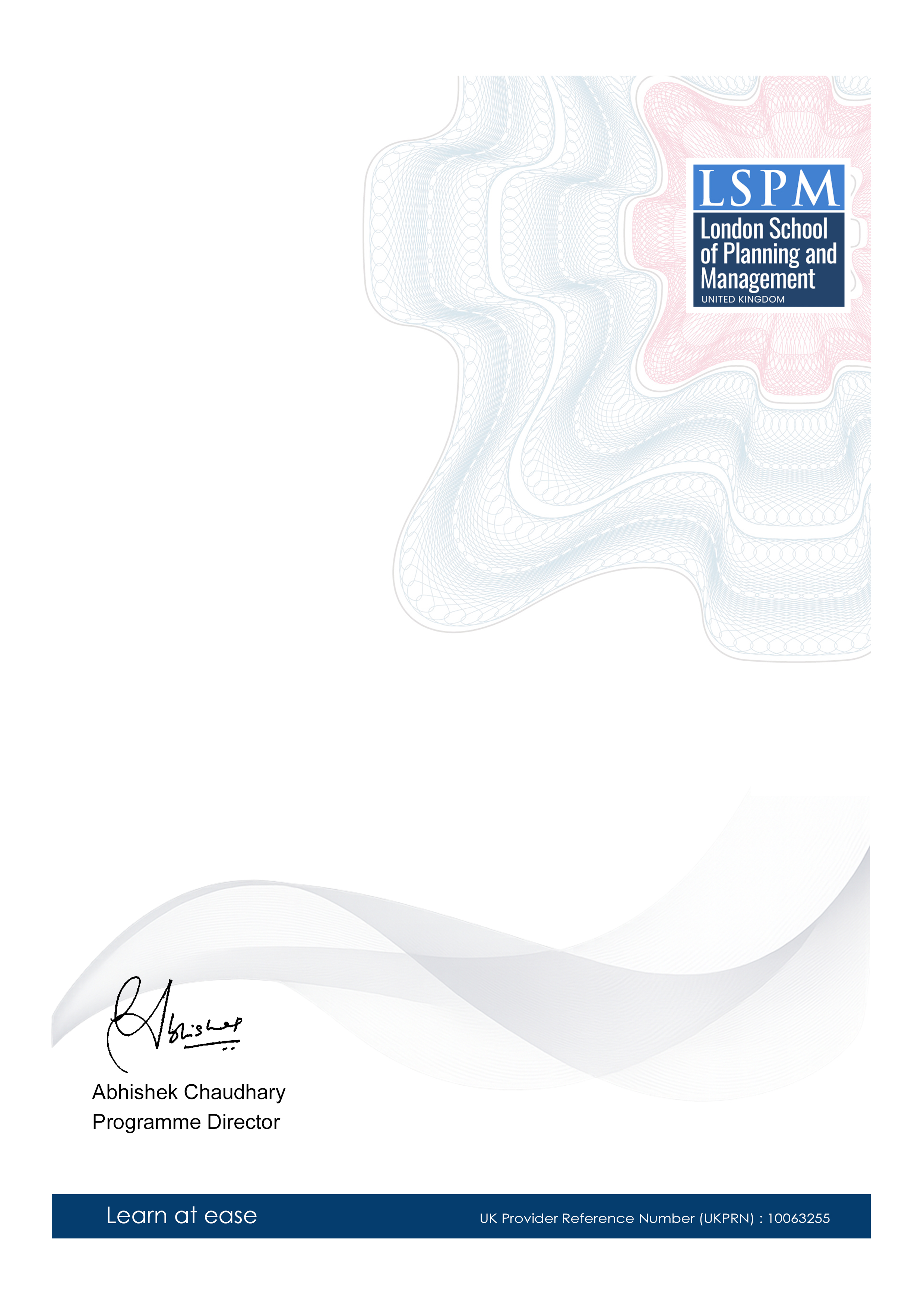Career Advancement Programme in Robotics for Humanitarian Crisis Recovery
-- viewing nowThe Career Advancement Programme in Robotics for Humanitarian Crisis Recovery is designed for professionals seeking to enhance their skills in using robotics for disaster relief. The programme aims to equip learners with the knowledge and abilities to deploy robots effectively in humanitarian settings.
5,508+
Students enrolled
GBP £ 149
GBP £ 215
Save 44% with our special offer
About this course
100% online
Learn from anywhere
Shareable certificate
Add to your LinkedIn profile
2 months to complete
at 2-3 hours a week
Start anytime
No waiting period
Course details
Career path
Career Advancement Programme in Robotics for Humanitarian Crisis Recovery
The UK is experiencing a growing demand for professionals with expertise in robotics and its applications in humanitarian crisis recovery. This section provides an overview of the job market trends, salary ranges, and skill demand for relevant roles in this field.
The chart above shows the job market trends, salary ranges, and skill demand for various roles in the field of robotics for humanitarian crisis recovery in the UK. As seen from the chart, there is a growing demand for professionals with expertise in robotics engineering, disaster relief specialization, UX design, and data analysis. The salary range for these roles varies between £25,000 to £70,000, with high skill demand across all roles. This indicates a promising career outlook for individuals interested in pursuing these roles in the UK.
Robotics Engineer
A robotics engineer designs, builds, and programs robots to perform specific tasks. They work closely with other engineers and scientists to develop new technologies and applications for robotics in various industries, including humanitarian crisis recovery.
Disaster Relief Specialist
A disaster relief specialist is responsible for coordinating and managing relief efforts during natural disasters or humanitarian crises. They work with various organizations, including the government, NGOs, and international agencies, to provide aid and support to affected communities.
UX Designer
A UX designer focuses on improving the user experience of digital products and services. In the context of humanitarian crisis recovery, they may design interfaces for mobile apps or web platforms that help victims access essential services or information.
Data Analyst
A data analyst collects, analyzes, and interprets data to inform decision-making processes. In the field of humanitarian crisis recovery, they may work with large datasets related to disaster response, victim identification, resource allocation, and more.
Entry requirements
- Basic understanding of the subject matter
- Proficiency in English language
- Computer and internet access
- Basic computer skills
- Dedication to complete the course
No prior formal qualifications required. Course designed for accessibility.
Course status
This course provides practical knowledge and skills for professional development. It is:
- Not accredited by a recognized body
- Not regulated by an authorized institution
- Complementary to formal qualifications
You'll receive a certificate of completion upon successfully finishing the course.
Why people choose us for their career
Loading reviews...
Frequently Asked Questions
Course fee
- 3-4 hours per week
- Early certificate delivery
- Open enrollment - start anytime
- 2-3 hours per week
- Regular certificate delivery
- Open enrollment - start anytime
- Full course access
- Digital certificate
- Course materials
Get course information
Earn a career certificate

